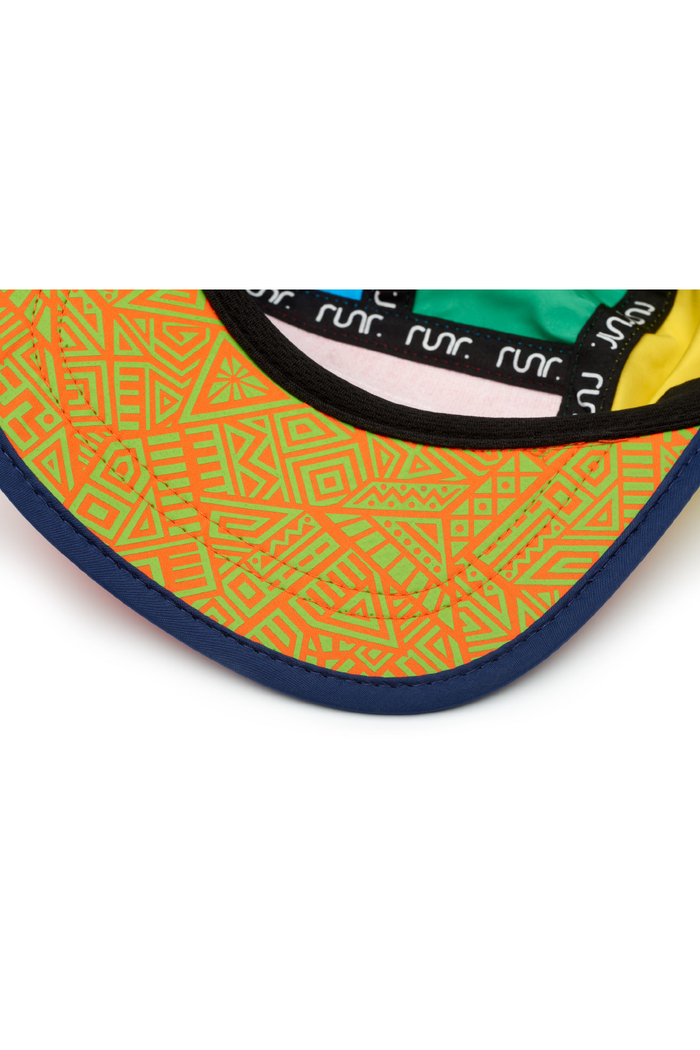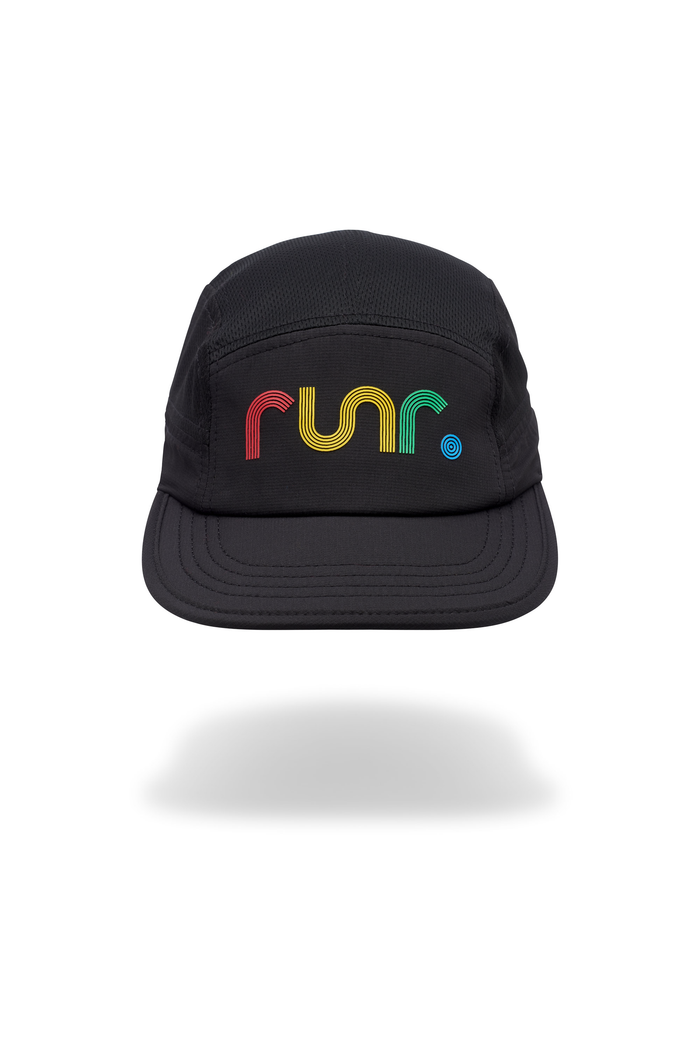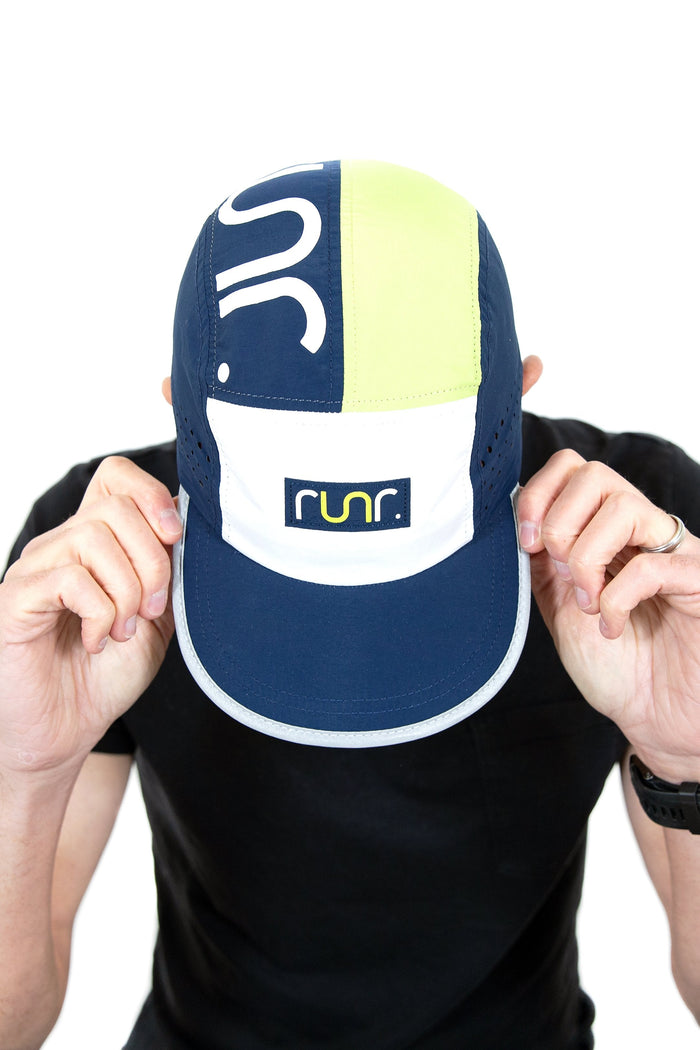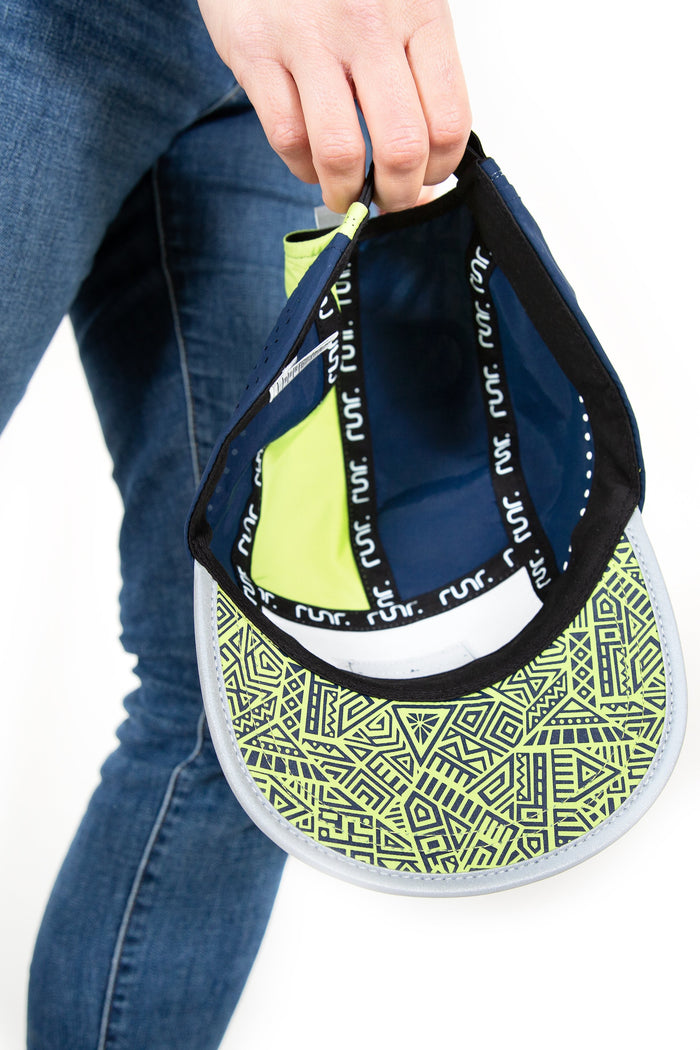I started writing a post about mental health months ago, in a week when two things happened on the same day: one of the most talented singers ever, Chris Cornell, took his own life, and a few hours later I heard back from England Athletics that I had been successful in my application to become the Mental Health Ambassador for my club, Headington Road Runners.
These two things may not seem immediately linked, but it just pressed home to me, what we already know, that if someone as immensely talented and successful as Chris Cornell could be in such mental anguish and feel such a lack of hope that the only answer seemed to be suicide, then it could happen to any one of us. Depression, anxiety, bi-polar, psychosis, schizophrenia, dementia – these are not respecters of wealth, status, success, talent, passion or hard work.
They are not a sign of laziness, or that you just need to cheer up and get on with it. It cemented for me the reason why I wanted to apply for the MHA role: because sometimes people need to know that there is a designated person they can talk to if they need to. No one should feel like they are completely alone, and if I can do that for just one person in my running club then it will have been worth it.

We runners can be a funny bunch. We have the longest, most amazing talks to people on our long runs and, as I’ve said before, get to know people intimately very quickly. We’ll talk about having the runners’ trots, or intimate chafing, or how many toenails we’ve lost. We’ll talk about our bodily functions in a way that is frankly pretty disgusting, because ‘Runners just get it’.
But sometimes I wonder if we can be a bit less forthcoming about how we’re doing mentally. It’s a hell of a lot easier to say that we can’t go for a run tonight because that old hamstring injury is playing up than say we can’t go for a run because we’re suffering from a crushing black-dog depression and don’t want to see anyone and can’t get out of bed.
My other reason for applying for the MHA role was that I wanted to do something that joined my two main interests of running and mental health. So far I have organised one ‘Run and Talk’ with my club. What this entailed was instead of all splitting up into pace groups and going for various distances and speeds, nearly forty of us ran together at a leisurely pace so that we could all talk to each other while we ran. Our standard club practice of looping for those at the back of the pack also served to mix up those forty people so that every now and again we all got the opportunity to talk to different people.
I spoke to some club members that night who I had never met before and some who I knew from a distance but hadn’t really got to know properly. It felt to me as though a couple of people actively sought me out because they knew I held that role and it somehow gave them licence to talk about difficult things. Afterwards, more than one club member said that they felt more a part of the club because of that run, which was amazing, and it felt like a job well done. It wasn’t just the actual run either that felt important – I had so many offers of help with this event, some from friends, some from people I didn’t know at all, all of whom thought it was a valuable thing to do, so even the act of organising it brought us closer together.
I always thought my own mental health was pretty much OK. I don’t have any known underlying mental-health issues. I’ve been through some horrible shit, as have we all, and as a female of the species we are statistically more likely to go through certain kinds of horrible shit. This has been highlighted by the recent social media campaign of ‘me too’… Plus I am a member of that thing known as “A FAMILY” and, well, you know, just being a member of a family, a sister, daughter, granddaughter, wife and mother, sometimes that stuff needs some attention. But through my training as a therapist I had years of my own therapy and got a lot of it straight in my own head. Some of it I hadn’t even realised was wonky until I had therapy and took it out and examined it, so that it could be put back in straight again. Some of it was hard and painful.
Some of it I did not want to take out and examine because it was too painful – as we used to say in my experiential group during my training “cans open, worms everywhere”. One moment sticks in my mind when my mid-thirties self left a my therapists house and was sitting in the car thinking about what had been said, and in an incredible moment I let go of the blame I had been sitting with for decades and forgave my seventeen-year-old self for something that I knew intellectually wasn’t my fault, but couldn’t let go of until that moment. It was like a weight of guilt and self blame that I’d been carrying around lifted off my shoulders. So I’m pretty much pro-therapy and think that most of us could benefit from it.

I like to think the experience has helped me become pretty self-aware (although I still sometimes go a bit bat-shit during moments of PMT or Tapering – and recently one memorable pre marathon week when BOTH coincided… brrr). I have suffered real depression during a couple of times in my life, and have got through a phase of having massive claustrophobic panic attacks during which I thought I was actually dying. That was fun. Still not a big fan of enclosed spaces or massive crowds, but I have coping mechanisms in place for when these things are unavoidable – and I like to think that these experiences might make me a more empathetic therapist/human.
However, as I wrote this originally it was 6am on a Sunday morning in October, and I was waiting for my breakfast to go down so that I could go out in sleety rain and run twenty miles, the first ten of which was on my own. I will spend £100 on running shoes, and off the top of my head, in our cupboard under the stairs there are currently eight pairs (by comparison I literally own one pair of ‘going out’ heels, and those are the ones I got married in ten years ago). So, yeah, to some people this is a form of insanity. But actually I feel so much happier and well-adjusted since I started running – and when I was recently injured I realised how much I had come to rely on running, not just for fitness and physical health but for my mental health as well.
For me running is space: time when I can clear my head and think things through on my own. The physical act of pounding the pavements frees up my head to achieve the closest I will ever come to meditation. I tried meditation a couple of times – it’s simply not for me, I can’t shut down intrusive thoughts like that, and it sometimes brings back those panic feelings – but a RUN, that is my clear head space time. Or it’s just a break from daily drudgery. Kids driving you up the wall? Go for a run. PMT kicking your arse? Go for a run. Hungover, bored, tired, ate all the kids’ Halloween sweets? Go for a run. It’s about loving your body for what it can do, not punishing it or hating it because it’s not some unachievable idea of perfection. It’s about feeling stronger and fitter and happier with every run. I think one of the most important mental-health benefits for me has been that running has become part of my identity now. It’s more than a habit; it’s more than something I do. It’s part of who I am. My kids and husband know I need it, know that it makes me a happier person, know that I need that time to myself, and I don’t feel selfish taking it mostly! Because without that time I would be a grumpy cow, slamming pots around the kitchen, yelling at the cat, and generally not being much fun to be with.
However, like anything I think there can be a down side. There are people in my running club who absolutely have an exercise addiction. In fact, probably a rather large proportion of them do! YES, it’s a better thing to be reliant on than, say, smack or booze or gambling, but it could be argued that any addiction is a way of escaping something we don’t want to think about, and in an extreme case that could be trauma or abuse or something that we really need to get some professional help with.
What are we trying to escape from when we run and run and run more than we should? Or really start to panic when we miss a session? Or run through an injury that really should be rested because we can’t face NOT running? Sometimes there are things that EVEN running can't fix, and that's where additional help might be necessary. There shouldn't be a stigma attached to asking for more help when we need it. We shouldn't think we can out-run all of our problems, because sometimes this can become a negative spiral where we're using running to avoid something deeper that needs to be looked at.
----------------------------------------
 Skip to content
Skip to content













